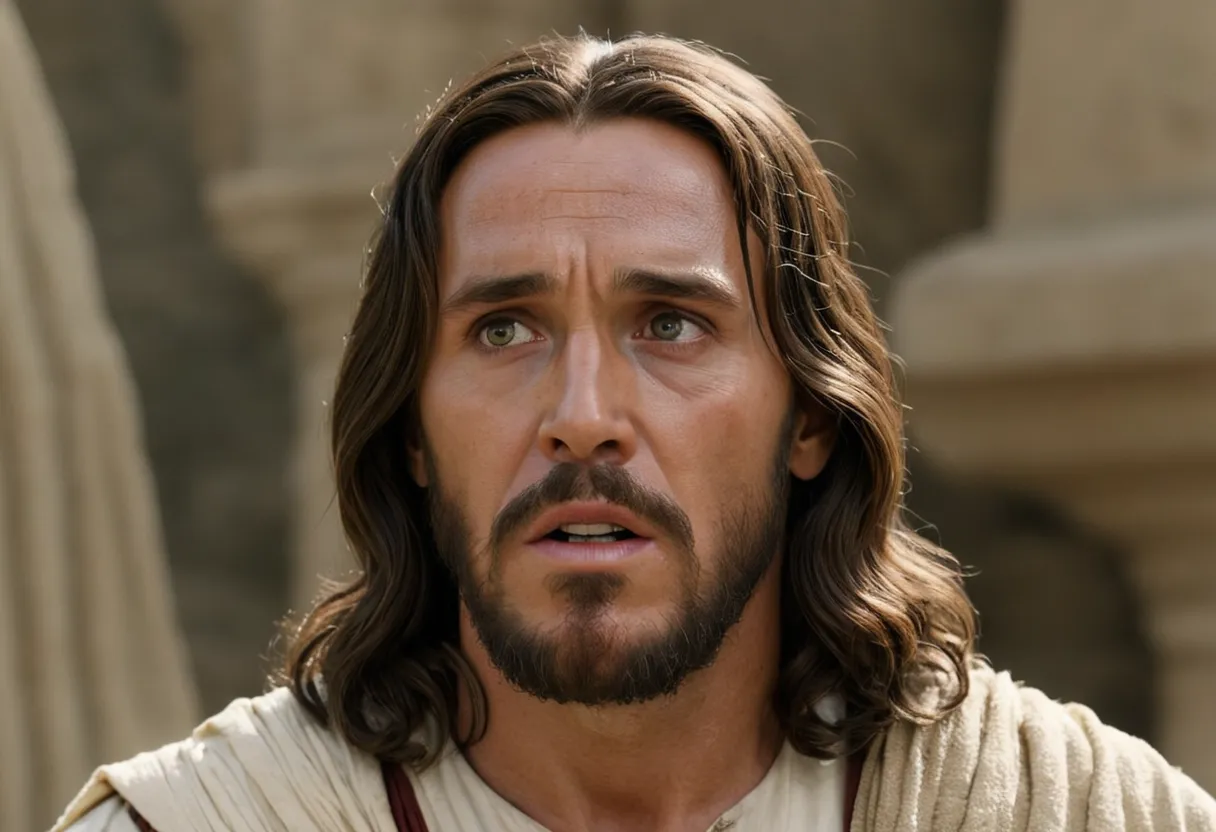Christianity, one of the world’s major religions, is rooted in the teachings and life of Jesus Christ. With over two billion adherents globally, Christianity has significantly influenced history, culture, philosophy, and society. This article delves into the origins, beliefs, practices, and impact of Christianity, providing a comprehensive understanding of this influential faith.
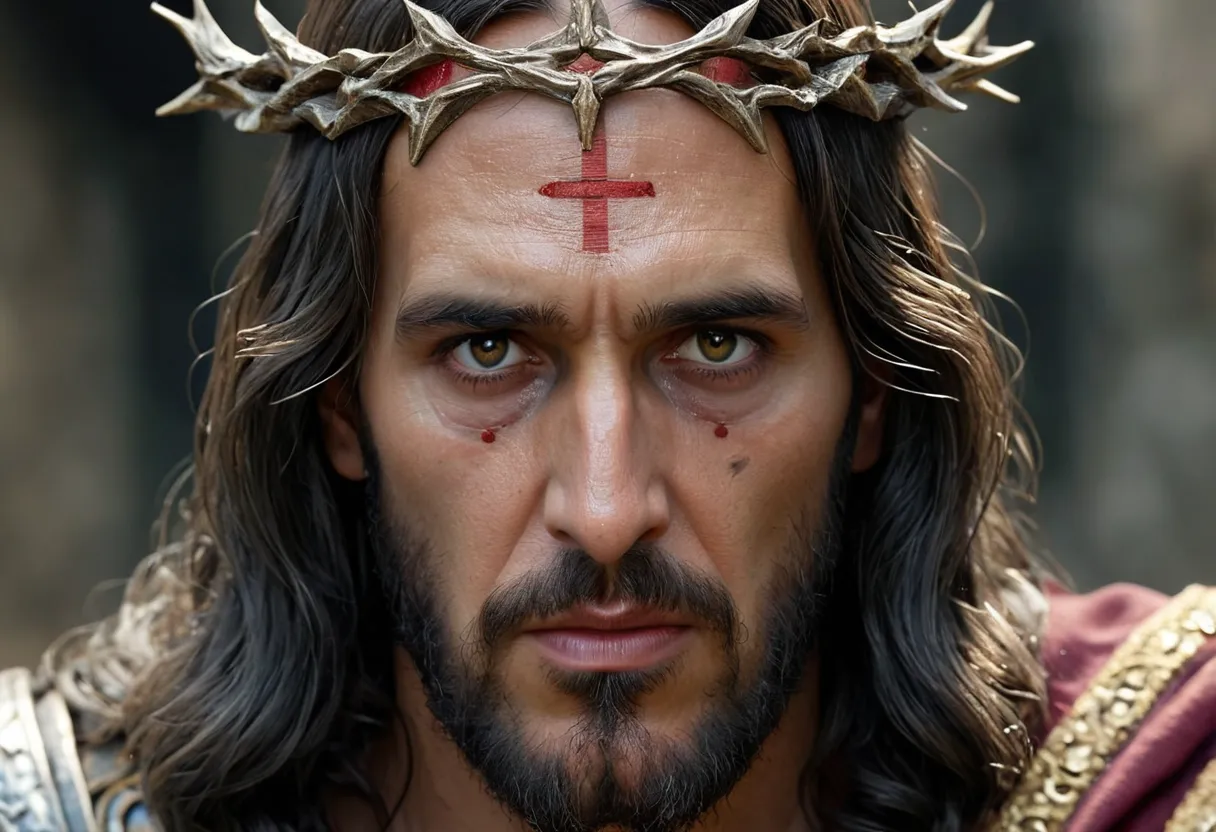
The Origins of Christianity
Christianity began in the 1st century CE in the Roman province of Judea, now part of modern-day Israel and Palestine. It emerged from Judaism, with Jesus of Nazareth as its central figure. Jesus, believed by Christians to be the Son of God and the Messiah prophesied in the Old Testament, preached about love, forgiveness, and the Kingdom of God.
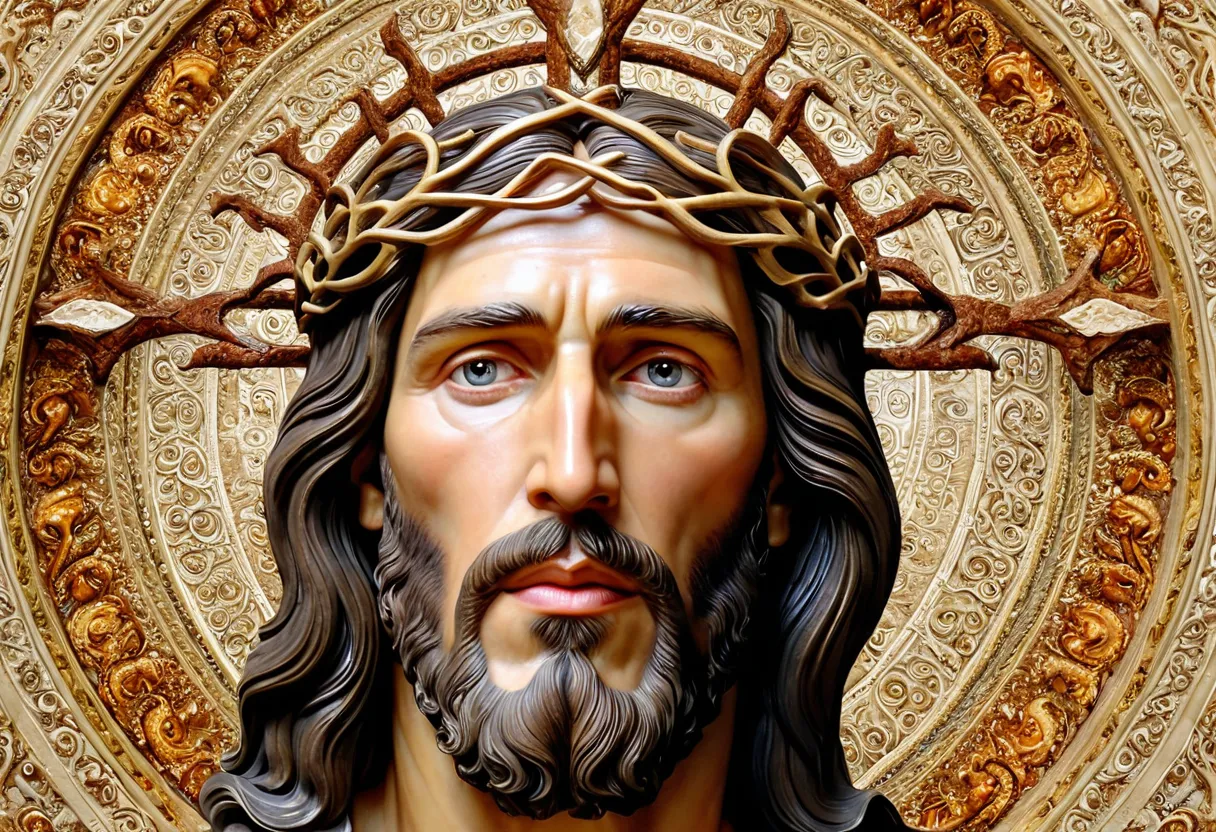
The pivotal event in Christianity is the crucifixion and resurrection of Jesus. Christians believe that Jesus’ sacrificial death and subsequent resurrection offer salvation and eternal life to all who accept him as their savior. The early followers of Jesus, known as disciples or apostles, spread his teachings throughout the Roman Empire, laying the foundation for the Christian Church.
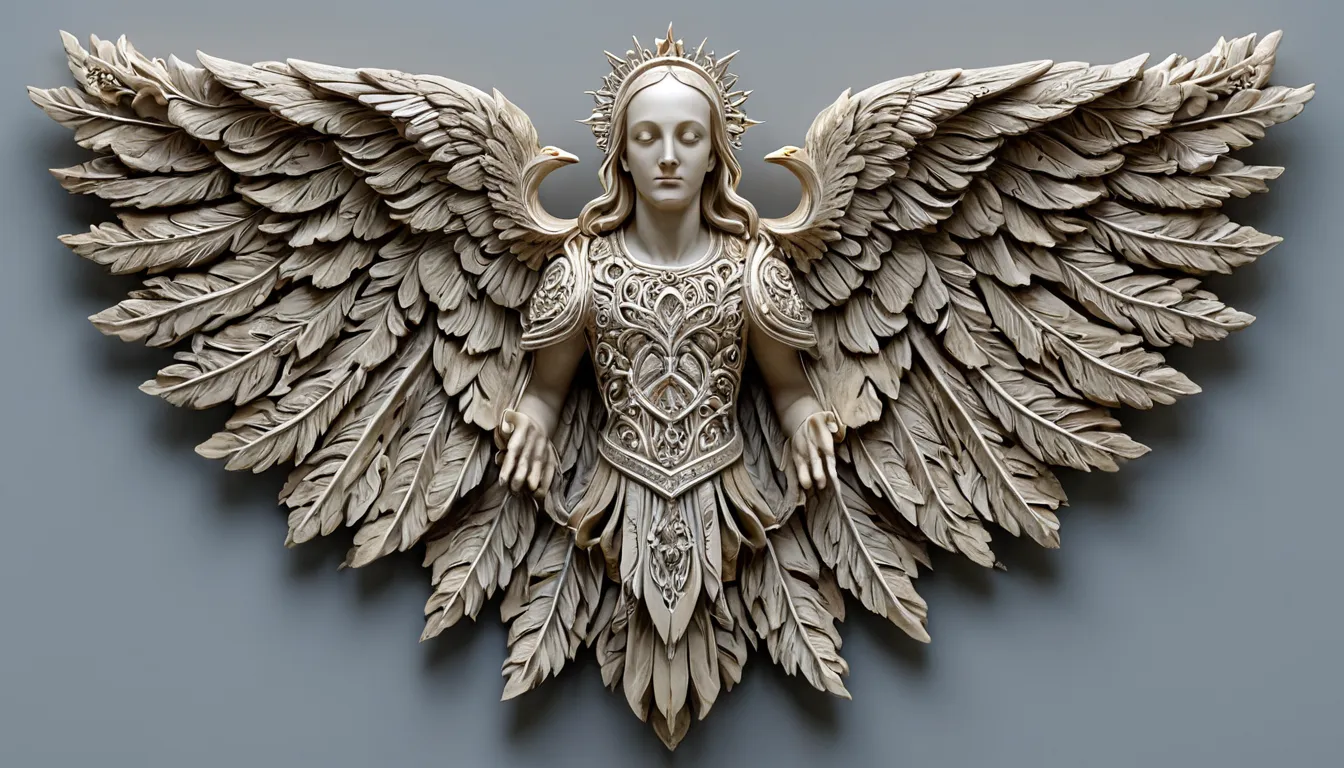
Core Beliefs of Christianity
At its heart, Christianity is monotheistic, affirming the belief in one God. However, this one God is understood as a Trinity: Father, Son, and Holy Spirit. This doctrine, known as the Holy Trinity, is a cornerstone of Christian theology.
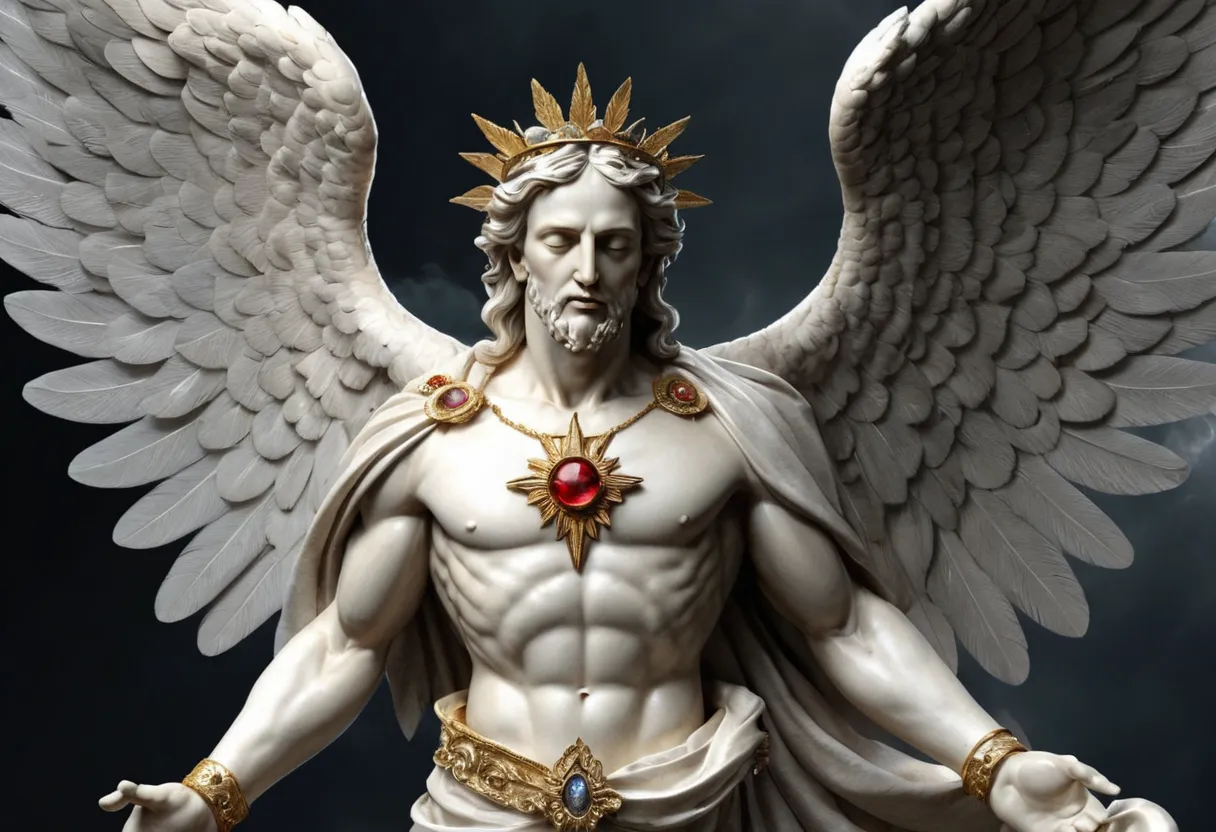
- God the Father: The creator and sustainer of the universe.
- God the Son (Jesus Christ): The incarnation of God who lived among humans, providing a model for righteous living and offering salvation through his death and resurrection.
- God the Holy Spirit: The presence of God within believers, guiding and empowering them to live according to God’s will.
Other essential Christian beliefs include:
- The Bible: Comprising the Old and New Testaments, the Bible is the sacred scripture of Christianity. It is considered the inspired word of God and a guide for faith and practice.
- Salvation: Christians believe that salvation is a gift from God, attained through faith in Jesus Christ. It involves repentance from sin and a commitment to follow Jesus.
- The Church: The community of believers who gather for worship, fellowship, and service. The Church plays a crucial role in nurturing faith and spreading the message of Christianity.
Major Christian Denominations
Over centuries, Christianity has branched into various denominations, each with its own interpretations and practices. The three largest branches are:
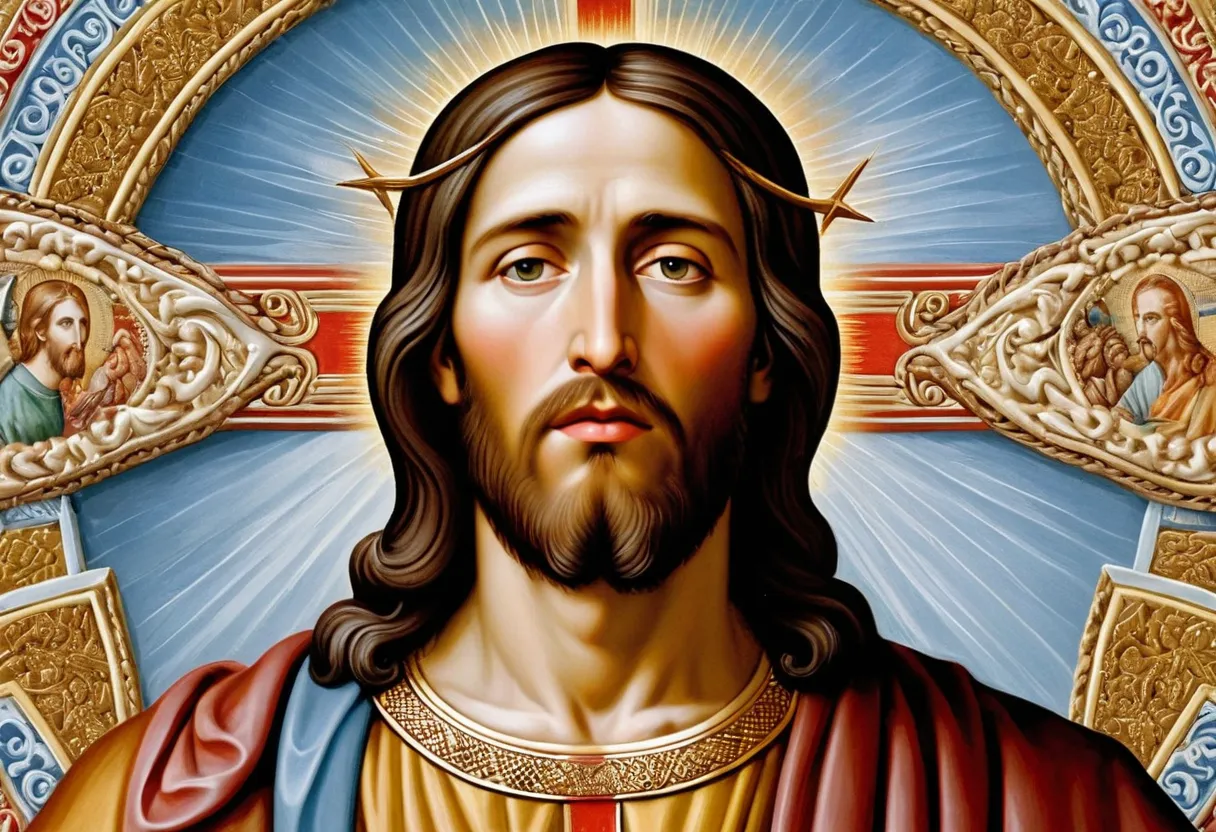
- Roman Catholicism: Led by the Pope, the Roman Catholic Church is the largest Christian denomination. It emphasizes tradition, the sacraments (especially the Eucharist), and the authority of the Church hierarchy.
- Eastern Orthodoxy: Comprising several autocephalous (self-governing) churches, Eastern Orthodoxy places a strong emphasis on liturgy, the sacraments, and the continuation of apostolic tradition.
- Protestantism: Originating from the Reformation in the 16th century, Protestantism includes numerous denominations such as Lutheranism, Calvinism, Anglicanism, and Methodism. It stresses the authority of Scripture and the doctrine of justification by faith alone.
Practices and Rituals
Christian practices vary widely among denominations, but some common elements include:

- Worship Services: Regular gatherings for prayer, singing, reading scripture, and preaching. Worship styles range from highly liturgical to informal and contemporary.
- Sacraments: Sacred rites believed to convey God’s grace. The most universally recognized sacraments are baptism and the Eucharist (also known as Holy Communion or the Lord’s Supper).
- Prayer: A vital aspect of Christian life, prayer includes adoration, confession, thanksgiving, and supplication. The Lord’s Prayer, taught by Jesus, is a central prayer in Christianity.
- Observance of Holy Days: Significant days in the Christian calendar include Christmas (celebrating the birth of Jesus), Easter (commemorating the resurrection), and Pentecost (marking the descent of the Holy Spirit on the apostles).
The Impact of Christianity
Christianity has profoundly influenced various aspects of global culture and history. Here are some key areas of impact:

- Art and Literature: Christianity has inspired countless works of art, music, and literature, from the masterpieces of the Renaissance to contemporary Christian music and literature.
- Education and Science: Many of the world’s oldest universities were founded by Christian institutions. Additionally, numerous early scientists, such as Isaac Newton and Galileo Galilei, were devout Christians whose work was motivated by their faith.
- Social Movements: Christian teachings have inspired numerous social justice movements, including the abolition of slavery, civil rights, and humanitarian efforts worldwide.
- Politics and Law: Christian ethics and moral teachings have significantly influenced legal systems and political structures in many countries, shaping concepts of justice, human rights, and the common good.
Modern Christianity
In the contemporary world, Christianity continues to evolve and adapt to changing cultural and societal contexts. Key trends include:

- Ecumenism: Efforts to promote unity and cooperation among different Christian denominations. Organizations such as the World Council of Churches work towards greater understanding and collaboration.
- Growth in the Global South: Christianity is experiencing significant growth in Africa, Asia, and Latin America, leading to a more diverse and dynamic global Christian community.
- Engagement with Modern Issues: Christians are actively engaging with contemporary issues such as environmental stewardship, social justice, and interfaith dialogue, seeking to apply their faith to modern challenges.
Conclusion
Christianity, with its rich history, diverse traditions, and profound influence, remains a vital and dynamic force in the world today. Understanding its origins, beliefs, practices, and impact can provide valuable insights into the faith of billions and the cultural and historical developments it has shaped. Whether through its sacred texts, spiritual practices, or societal contributions, Christianity continues to play a pivotal role in the lives of individuals and communities around the globe.
